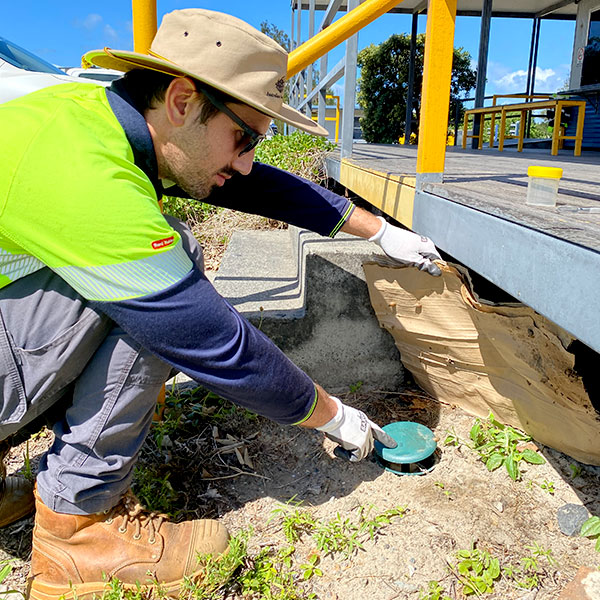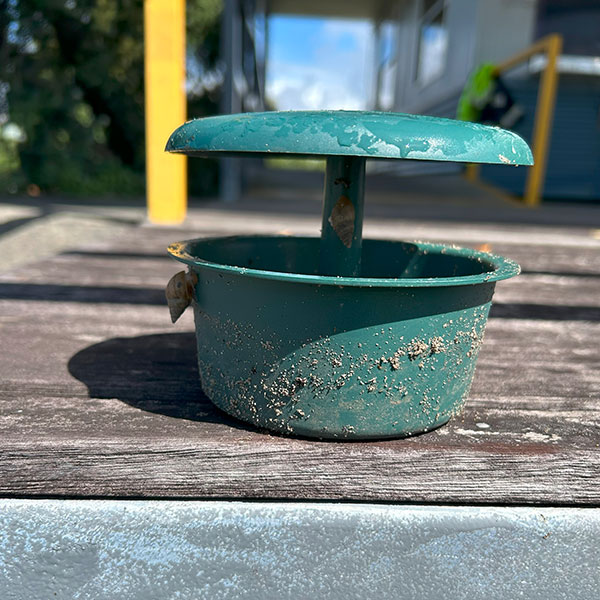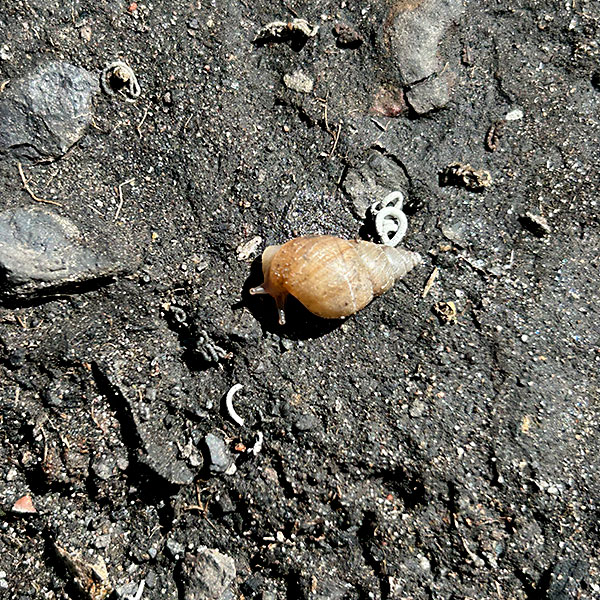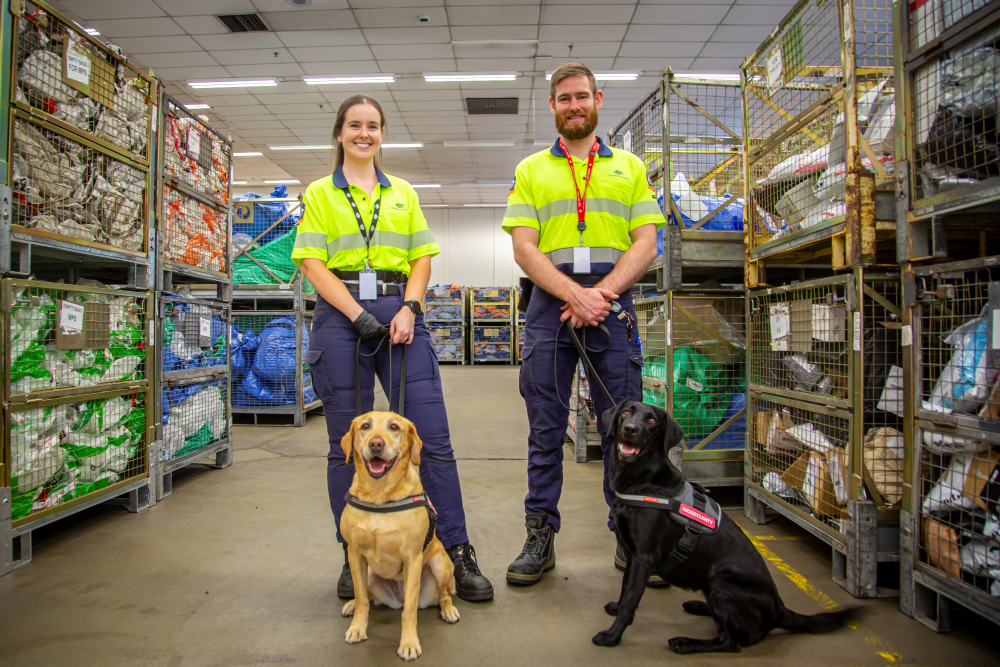A swift response by the department’s technical response team to reports of a possible exotic snail infestation at the Port of Brisbane has prevented a harmful plant pest from taking hold in Australia.
The technical response team leapt into action and within hours of being notified of the potentially devastating infestation, were on site and immediately commenced response activities. Company staff working at an Approved Arrangement (AA) located at the port, reported the detection.
After reviewing images sent by AA personnel, the department’s entomology team identified the pest as likely being Bulimulus snails, commonly known as peanut or ghost snails. Morphological testing later confirmed this identification.
The technical response team conducted further surveillance in and around the affected area, including drains, garden beds, and a demountable building. Surveillance was later expanded to neighbouring properties, where additional specimens were found.
With guidance from the department’s exotic snail specialist, a targeted treatment plan was developed and is now being implemented. To support ongoing monitoring, 5 snail traps were deployed, using fermented bread dough as bait. So far, more than 350 Bulimulus snails have been collected from multiple locations.
Bulimulus snails originate from the Caribbean, West Indies, and parts of Central America. In the southern United States, where populations have established, there has been significant damage to citrus crops.
Like other exotic snail species, Bulimulus pose a serious threat to Australia’s biosecurity. More than 500 plant species, including fruit and vegetable crops, are vulnerable to infestation.
These snails can also carry bacteria and parasites that pose health risks to people, if handled without protection.
This incident highlights the critical importance of early detection and rapid response in managing biosecurity threats.
If you see anything unusual call our See. Secure. Report hotline on 1800 798 636 or complete our online reporting form.






